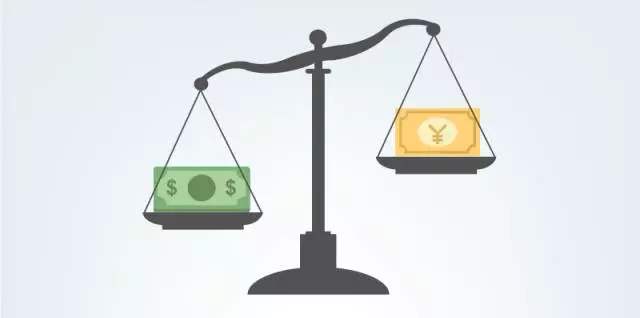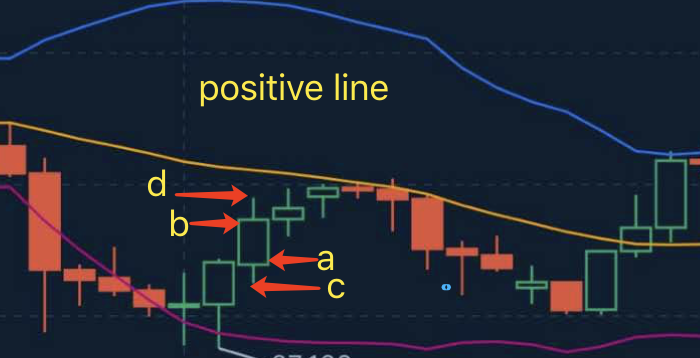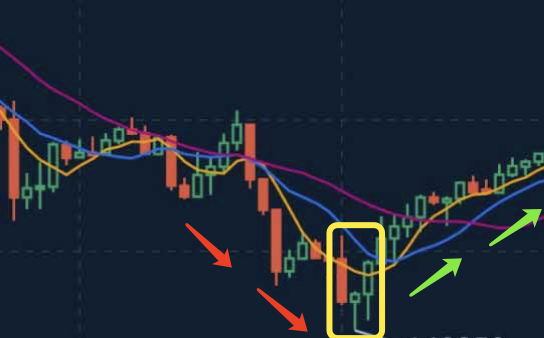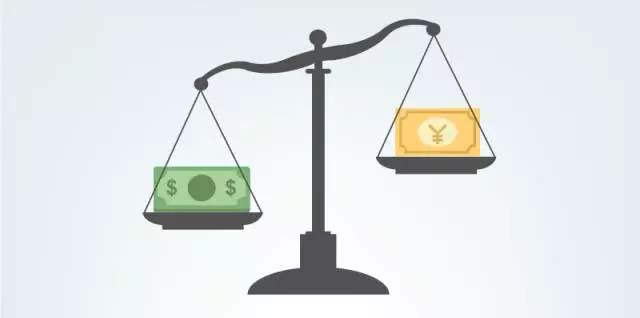
Introduction of Forex
2021-07-05What is forex?
The foreign exchange (also known as FX or forex) market refers to the conversion of one currency to another by individuals, enterprises or central banks. It can be understood as a market that connects buyers and sellers to exchange currencies at an agreed price. Basically, foreign exchange transactions have already been conducted while we are traveling abroad. Although many foreign exchange transactions are for practical purposes, more currency conversions aim at gaining profits, that is, investment.
What is a currency pair?
When trading forex, we often see different combinations such as EURUSD, USDJPY, GBPUSD, etc. These combinations are called Currency Pairs. The first currency of the pair is called base currency, and the second currency is called the quote currency. The price of a currency pair indicates the denomination currency that it takes to buy a unit of the base currency. Forex usually involves selling one currency to buy another currency, which is why they are always expressed in the form of currency pairs. Each currency in the pair is coded with three English letters, which are often composed of two letters representing the region and one letter representing the currency itself. For example, GBP/USD means buying British pound and selling the U.S. dollar. GBP is the base currency, and USD is the quote currency. If the price of GBP/USD is 1.35361, that means one pound is worth 1.35361 US dollars. If GBP appreciates against USD, buying a pound will cost more USD, and the price of the currency pair will rise; vice versa. Therefore, if you think that the base currency will be stronger, you are going to buy this currency pair (make a long position); if you think the base currency will weaken, you are going to sell the currency pair (short warehouse).
How does the forex market work?
Unlike other financial products such as stocks and commodities, forex transactions are not conducted through exchanges. Currency is directly traded by buyers and sellers in the over-the-counter market (OTC). It operates between global banking networks and is distributed in major OTC markets in different time zones such as London, New York, Sydney and Tokyo. Since forex transactions do not need to pass through any central points, transactions can be conducted 24 hours a day.
Type of forex market :
Spot market : Spot foreign exchange is usually a physical transaction of currency pairs, which occurs at the moment of transaction delivery, that is "spot" or a short period after the transaction.
Forward market : Forward forex transactions refer to the establishment of a contract to buy or sell a currency at a specific price, which is usually delivered on a predetermined date or within a certain date range in the future.
Futures market : The futures foreign exchange market refers to the establishment of a contract to buy or sell a certain amount of a certain currency at a specified price on a specified date in the future. Unlike forward contracts, all futures contracts are legally binding.
Most investors do not intend to deliver the currency itself. On the contrary, they make use of price changes in the market to gain profit.
 English
English
 简体中文
简体中文
 Tiếng Việt
Tiếng Việt
 Malay
Malay
 Indonesia
Indonesia
 Deutsch
Deutsch
 Français
Français
 Español
Español
 Italiano
Italiano


